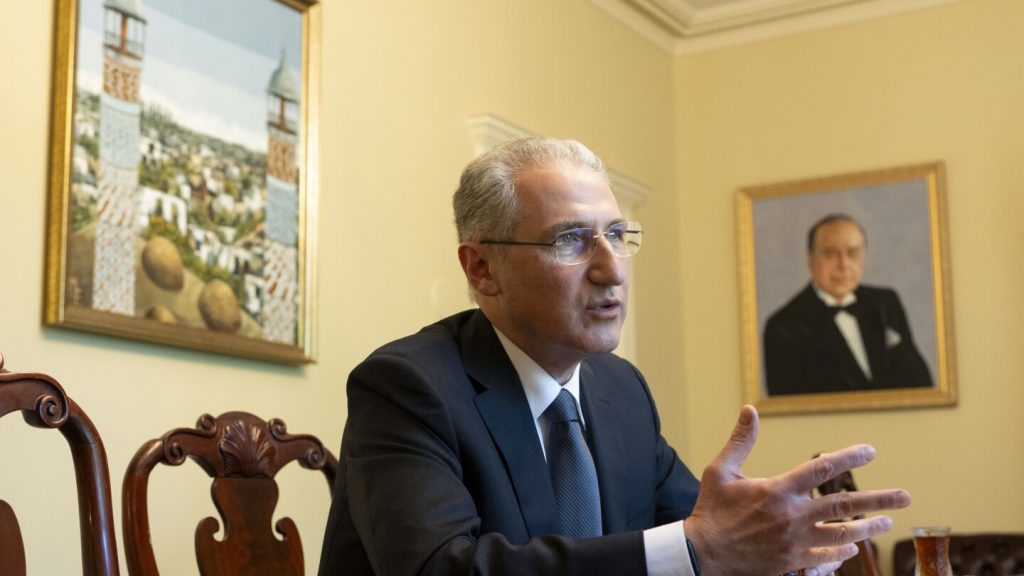The man set to run the United Nations climate talks this November, Mukhtar Babayev, views the negotiations as a crucial step in global efforts to combat climate change. As the conference president of COP29 in Baku, Azerbaijan, Babayev believes that the meeting must further the successful transition away from fossil fuels and lay the groundwork for stronger plans to reduce greenhouse gas emissions by 2025. He emphasizes the importance of finding common ground on how wealthy countries can financially support less developed nations that are disproportionately affected by climate change. Babayev sees Baku as a bridge between the developing and developed world, despite the ongoing construction work on this bridge.
Unlike previous climate negotiations where the host country was determined years in advance, COP29 in Baku was chosen last December as part of the peace agreement between Armenia and Azerbaijan. Babayev will officially take charge of the negotiations when the conference opens in November, but with only 10 months for preparation, Azerbaijan is still finalizing details for the event. The main goal of the conference is to secure more financial assistance for developing countries to transition to clean energy and address the impacts of climate change, such as extreme weather events like heatwaves, floods, and storms. Babayev aims to bring all donors together to increase their contributions to help nations cope with these effects.
Emphasizing the urgency of climate action, Babayev points to the abnormal temperatures being experienced in Washington and Baku, with both locations experiencing unseasonably warm weather. He highlights the drastic increases in temperature, such as Baku’s record-breaking 24 degrees Celsius in February, as evidence of the impact of climate change. As the leader of COP29, Babayev is calling on financial institutions and the private sector to play a more active role in providing climate finance to support countries in their transition to cleaner energy sources. Despite his background in the oil industry, Babayev hopes to showcase Azerbaijan’s shift towards renewable energy, particularly wind power, as a model for other nations to follow.
While Azerbaijan has a history of oil production, Babayev aims to demonstrate how the country can adopt a more sustainable path by investing in renewable energy sources. However, data from scientists show that Azerbaijan’s carbon dioxide emissions have increased by 13% over the past decade, indicating the challenges the country faces in transitioning away from fossil fuels. As COP29 approaches, Babayev’s team is working to gather information, make connections, and set specific goals for the conference, with a focus on securing more support for developing countries facing the impacts of climate change. Despite the limited time for preparation, Babayev remains committed to making COP29 a success and advancing the global efforts to address the climate crisis.















